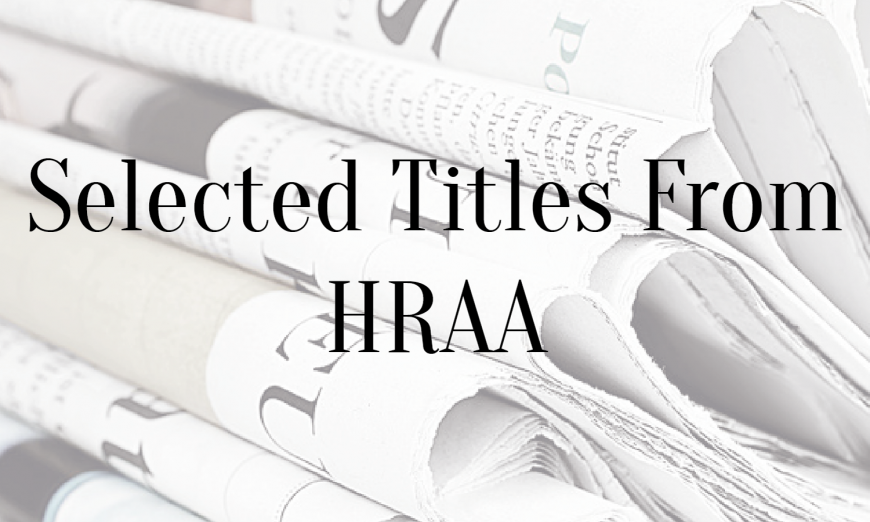10 DECEMBER 2007
Millions of ethnic, linguistic and religious minorities remain unrecognized by the Turkish state, face discrimination and are now increasingly under threat as a result of a growing wave of violent nationalism, Minority Rights Group says in a new report.
The report says that whilst the accession process to become a EU member state has forced Turkey to make significant strides in minority rights, much more remains to be done. The report titled A quest for equality – minorities in Turkey is the most up-to-date analysis available on the situation of all minorities in Turkey.
“Turkey is a country where a centuries-old mix of languages, religions, cultures and traditions is practiced within its borders, but minority protection still falls far short of international standards,” says Ishbel Matheson, MRG’s Head of Policy and Communications.
“Turkey’s multi-cultural heritage is one of its biggest assets. But this positive aspect is not embraced at the highest level. Instead, mention of minorities and minority rights triggers nationalist reactions by certain sectors of society,” she adds.
The only protection for minorities in Turkey has been set out in the 1923 Treaty of Lausanne but in practice its scope is limited only to Armenians, Jews and Rum (Greek orthodox) Christians.
But Turkey is home to a vast number of minorities including ethnic Kurds, Caucasians, Laz and Roma. The country’s other religious minorities include Alevis, Assyrians, Caferis and Reformist Christians.
These groups are legally not recognized as minorities and simply referring to their minority status, let alone working for their rights, could lead to a jail sentence.
According to the report, minorities excluded from the Treaty of Lausanne are very limited in their rights to use their languages in schools and in the media. Their religious rights are also curtailed.
The report also says a 10 percent electoral threshold prevents minority pro-Kurdish parties from getting elected to parliament. These parties have repeatedly failed to surpass the national threshold despite having received the highest percentage of votes in some of the Kurdish populous southeastern provinces.
Minorities have also increasingly becoming victims of a rising trend of nationalism in the country. In January 2007, journalist and Armenian human rights activist Hrant Dink was shot dead in Istanbul. The suspect told police that Dink was Armenian and had “insulted Turkishness”.
The report says that the EU accession process and the proposed new constitution in 2008 give plenty of opportunity for Turkey to make legal changes to protect minorities.
“We recommend speedy legal reforms – this is crucial, but to bring real change to Turkey’s minorities there has to be radical transformation of the prevalent mentality towards minorities of both the state and society,” Matheson says.
NOTES TO EDITORS
- Download the report at http://www.minorityrights.org/download.php?id=425
- Minority Rights Group International (MRG) is a non governmental organisation working to secure the rights of ethnic, religious and linguistic minorities and indigenous peoples worldwide
- For more information or to arrange an interview in Istanbul with Ishbel Matheson, MRG’s Head of Policy and Communications, contact:
Ishbel Matheson
M: +44 7765 824964
Or
Emma Eastwood, MRG Media Officer
T: +44 207 422 4205
M: +44 7989 699 984

